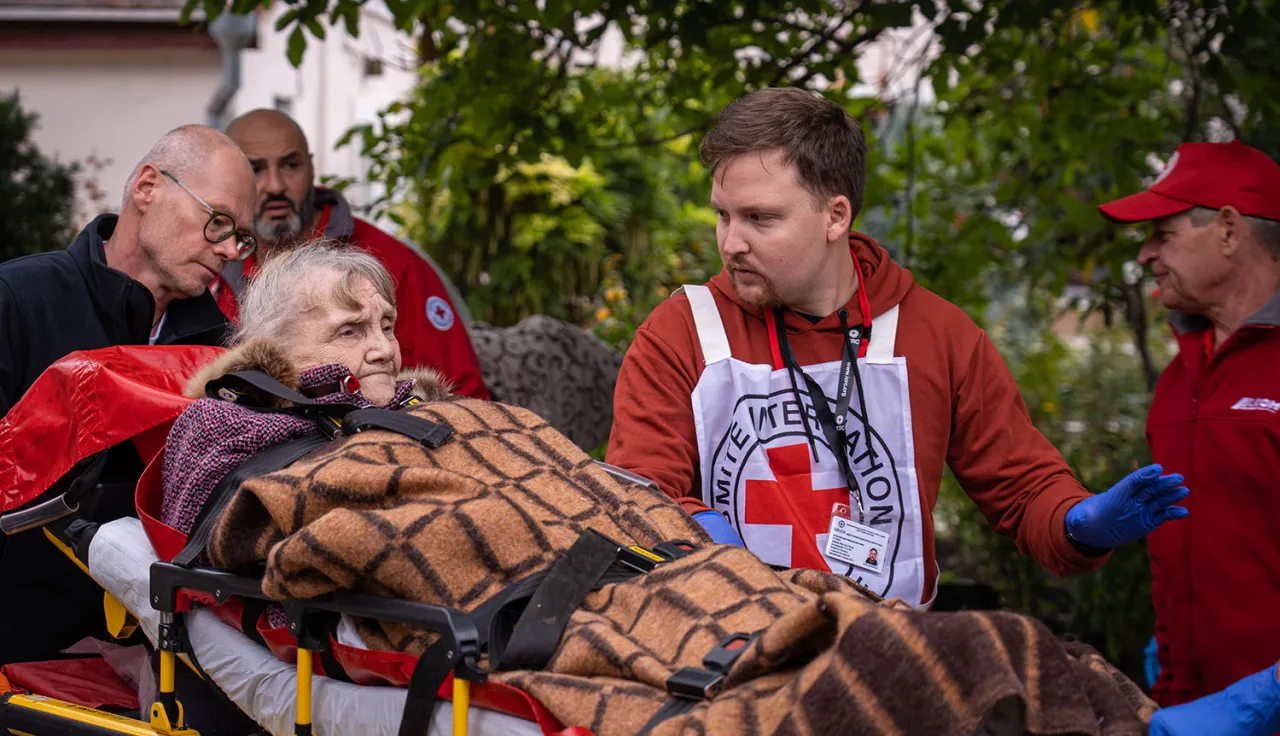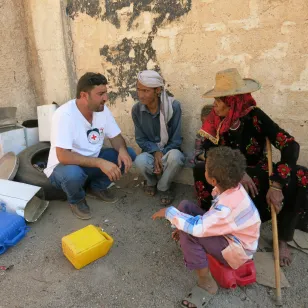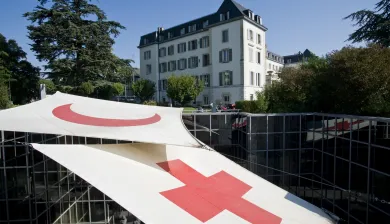Violence against health-care workers, facilities and beneficiaries is one of the most serious humanitarian challenges in the world today. And yet it frequently goes unrecognized.
An ICRC study based on data collected in 16 countries from mid-2008 to the end of 2010 shows patterns of violence that hinder the delivery of health care, ranging from direct attacks on patients and on medical personnel and facilities – including looting and kidnapping – to arrests and denial of access to health care.
Thus, urban fighting may prevent health-care personnel from reaching their places of work, first-aiders may be unnecessarily delayed at checkpoints, soldiers may forcibly enter a hospital to look for enemies or shield themselves from attack, and ambulances may be targeted or illegally used to carry out attacks. Whatever the context, poor security conditions in many parts of the world mean that the wounded and sick do not get the medical attention to which they are entitled.
Although acts that hinder the delivery of health care often violate basic principles of international humanitarian law and international human rights law, and although numerous efforts have been undertaken by the International Red Cross and Red Crescent Movement over decades to put an end to these acts, the problem nonetheless continues. Addressing it is a matter of life and death for thousands.
















